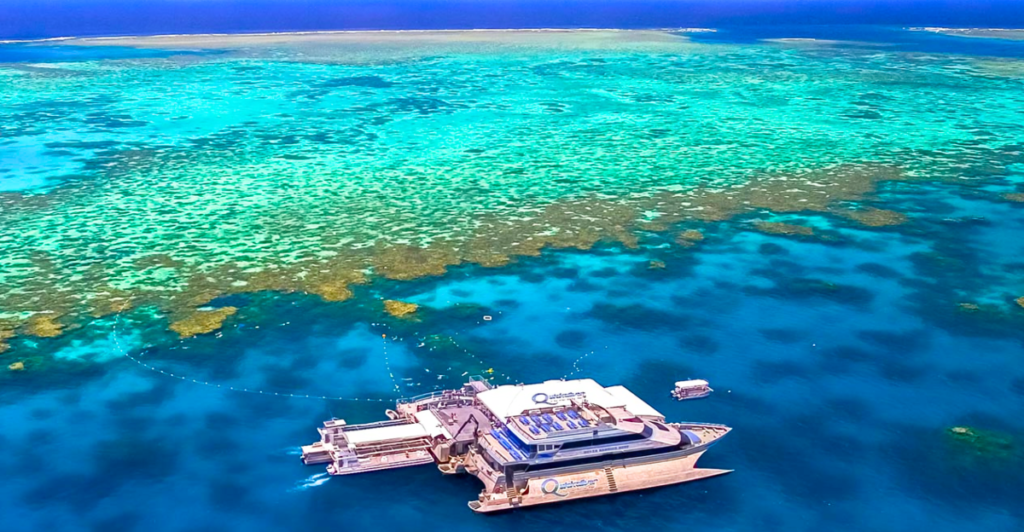
Status update for the Great Barrier Reef: it’s complicated (and also dying).” Thanks to climate change, pollution, and mass coral bleaching, one of the most stunning natural wonders on Earth is fading fast. Scientists have thrown money, research, and desperate pleas at the problem, but nothing has truly stopped the decline. Now? Enter artificial intelligence. But what can an algorithm really solve in real life?
First Things First—How Bad Is It?
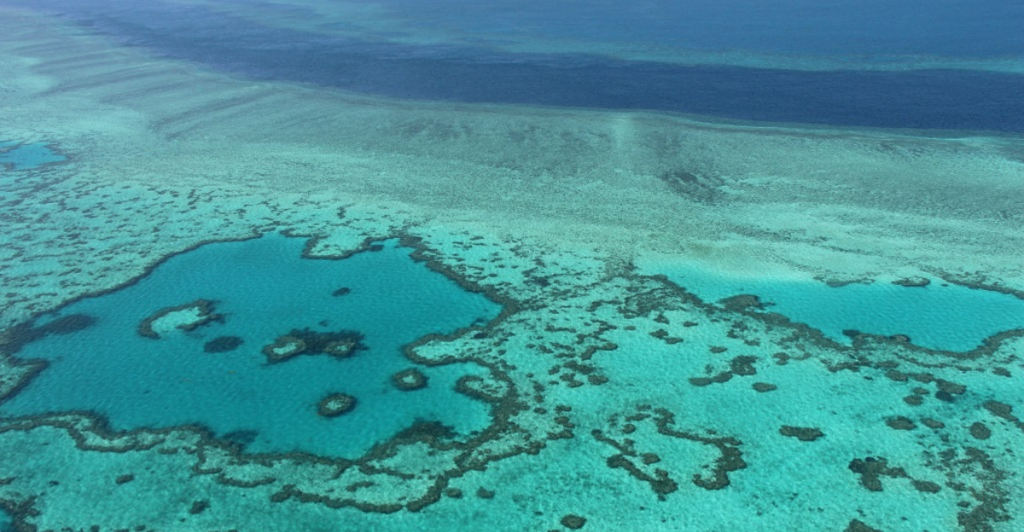
In the past five years alone, the Great Barrier Reef has experienced multiple mass bleaching events. Basically, corals getting so stressed out from rising ocean temperatures that they lose their color and slowly die. Half of the reef’s coral cover is already gone. If this trend continues? By 2050, the Great Barrier Reef could be more of a memory than a marine wonderland.
What’s Killing the Reef?
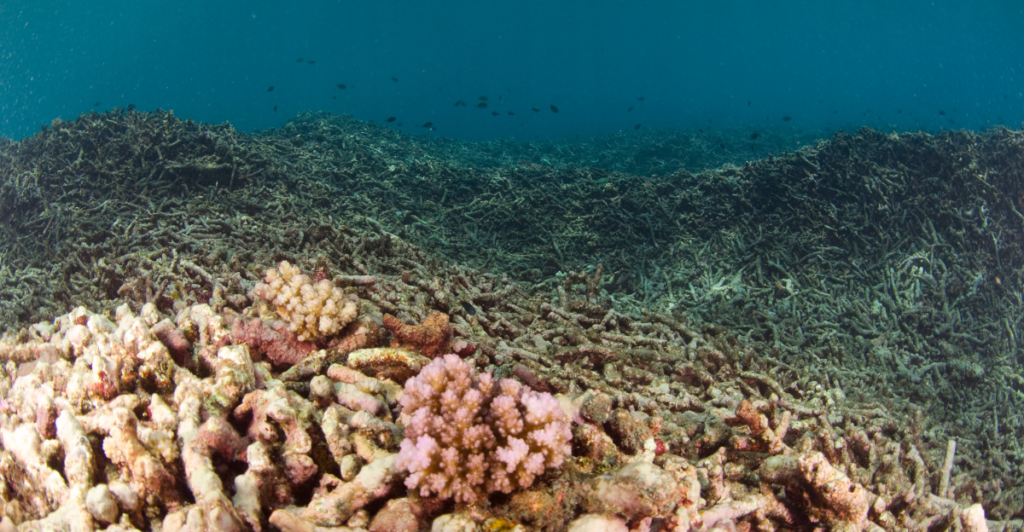
It’s a greatest hits list of environmental destruction: Climate change = rising ocean temps = coral bleach-fest. Pollution from agriculture, mining, and human waste. Crown-of-thorns starfish (a spiky menace eating coral like it’s a buffet). Overfishing, which throws everything out of balance. But wait, there’s more cause once coral dies, it takes decades to recover. Unless, of course, we get a little help from a friend: Artificial Intelligence.
Can AI Actually Help?
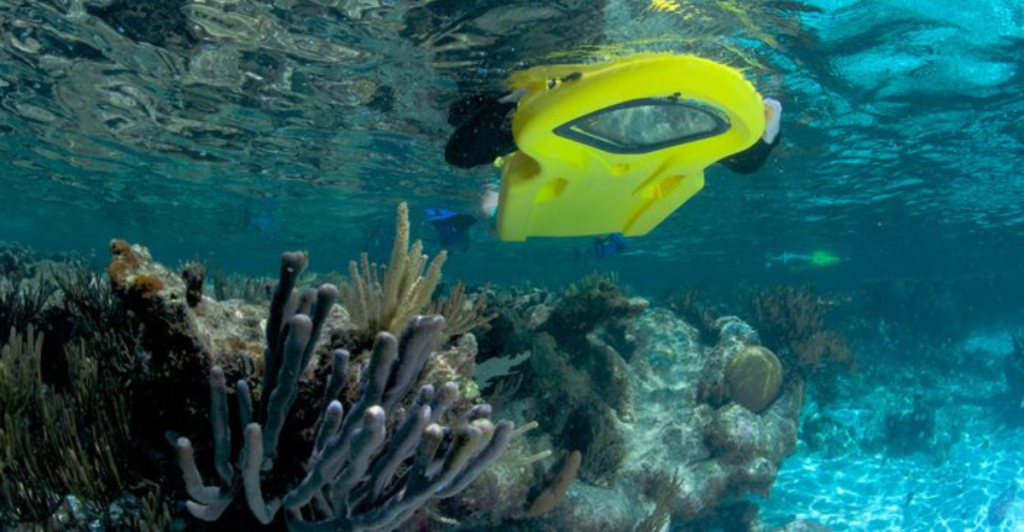
Believe it or not, yes. AI can track, analyze, predict, and even intervene to help save what’s left of the reef. Scientists are now using machine learning, underwater drones, and AI-powered monitoring systems to tackle problems faster than humans ever could.
AI-Powered Coral Babysitters? It’s a Thing
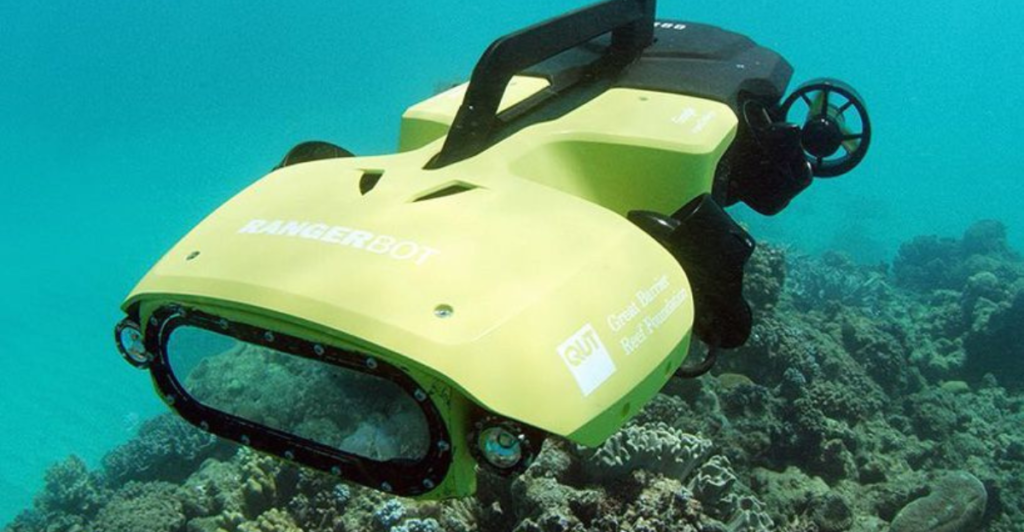
AI isn’t just watching the reef, it’s helping rebuild it. Researchers have developed “coral bots”—autonomous robots that plant coral larvae on damaged reefs way faster than human divers ever could. Think of them as high-tech underwater gardeners, giving coral reefs a fighting chance at recovery.
Drones Are Fighting the Coral-Killing Starfish
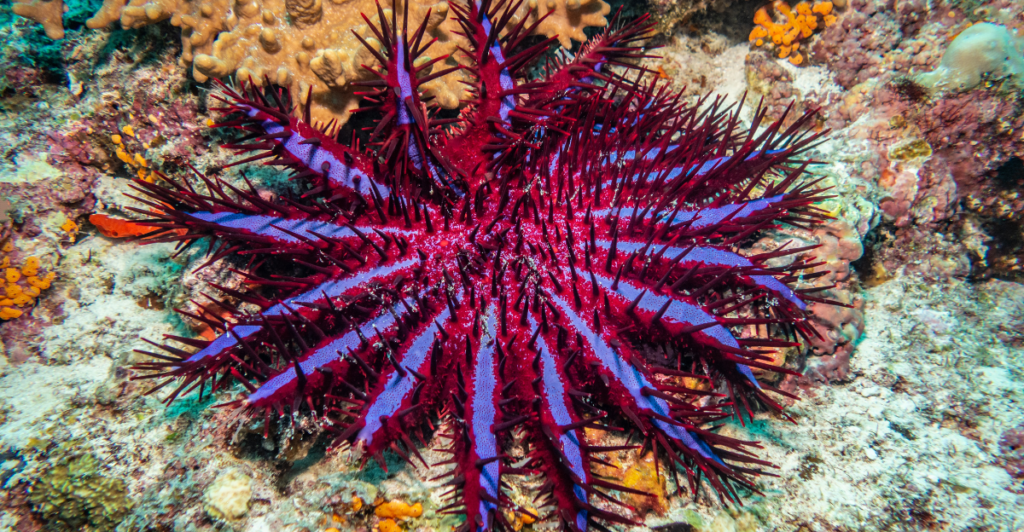
Crown-of-thorns starfish (COTS) are basically the villains of the reef. They devour coral at alarming rates, and traditional removal methods are too slow to keep up. Enter AI-powered drones that can detect COTS, inject them with a lethal solution, and stop the destruction before it spreads. It’s like an underwater assassin squad for reef protection.
Machine Learning Is Predicting Mass Bleaching Events
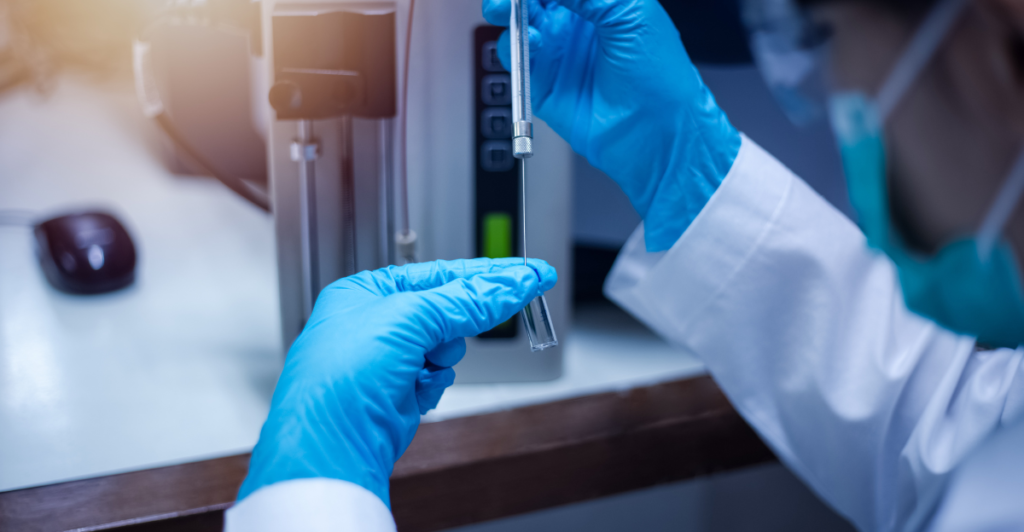
AI is way better at spotting patterns than humans, which is why scientists are now using machine learning models to predict when and where coral bleaching will happen. With this data, conservationists can act earlier, whether that’s deploying protective measures or focusing restoration efforts on the most at-risk areas.
AI-Powered Water Quality Monitoring

Ever heard of an AI water cop? Well, now they exist. AI-powered sensors are being deployed throughout the reef to monitor water quality in real-time. They detect pollution spikes, temperature changes, and other threats to alert scientists before things spiral out of control.
Can AI Help Coral Evolve?
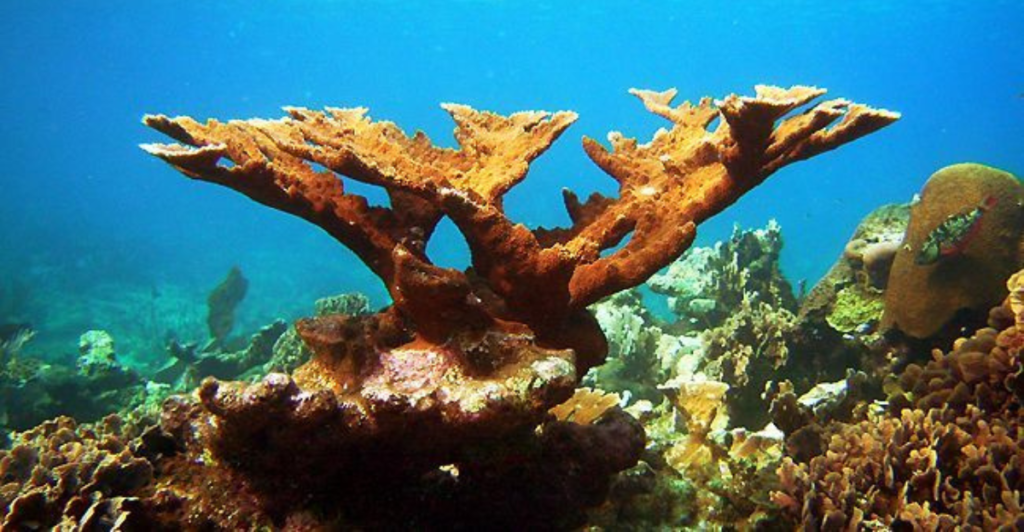
This is where things get weird but fascinating. Some scientists are using AI to identify “super corals”—corals that have naturally survived hotter, more acidic waters. The goal? Use these AI discoveries to selectively breed stronger corals that can withstand future climate changes. It’s like Darwinism but with data science.
The Big Question—Can AI Undo the Damage?
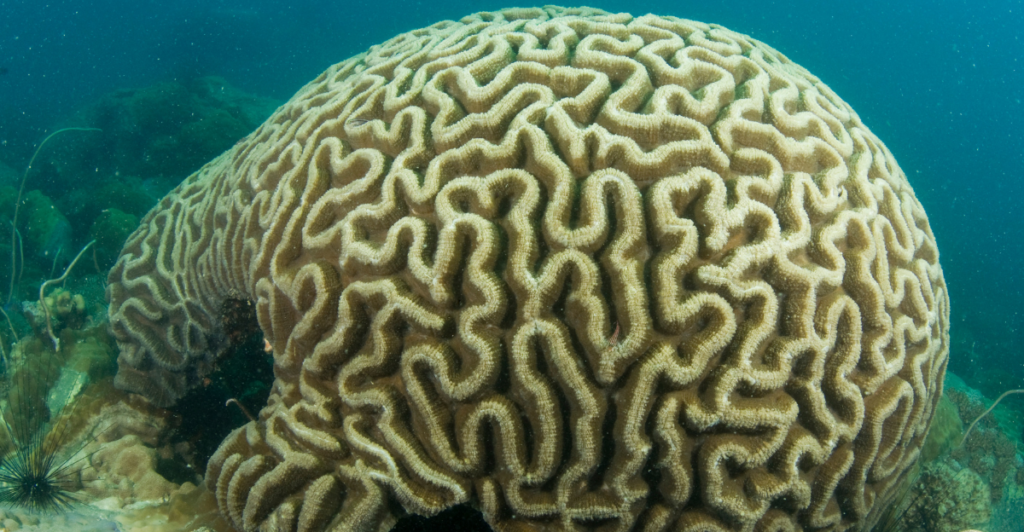
AI is great at fighting current threats and slowing down destruction, but can it fully restore the reef? That’s a tough one. The reality is, without drastic cuts to global emissions, AI is basically playing damage control. It can buy us time, but it can’t singlehandedly stop climate change.
The Ethical Dilemma—Are We Just Playing God?
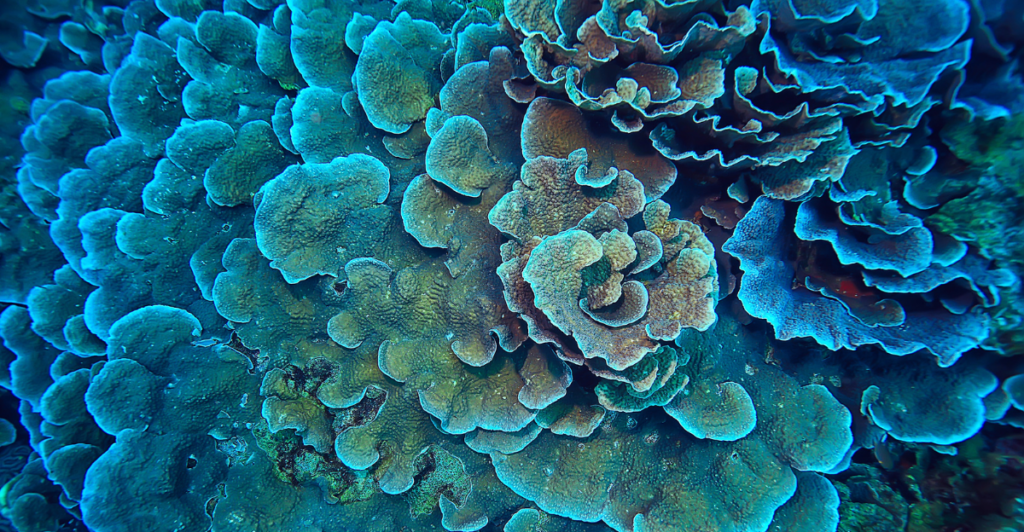
Some critics argue that using AI to “redesign” coral and interfere with ecosystems is risky. What if we accidentally create super-corals that outcompete native species? What if AI-driven interventions unintentionally disrupt marine food chains? The reef needs help, but how much should we meddle with nature?
AI Is Cool, But Humans Still Need to Step Up
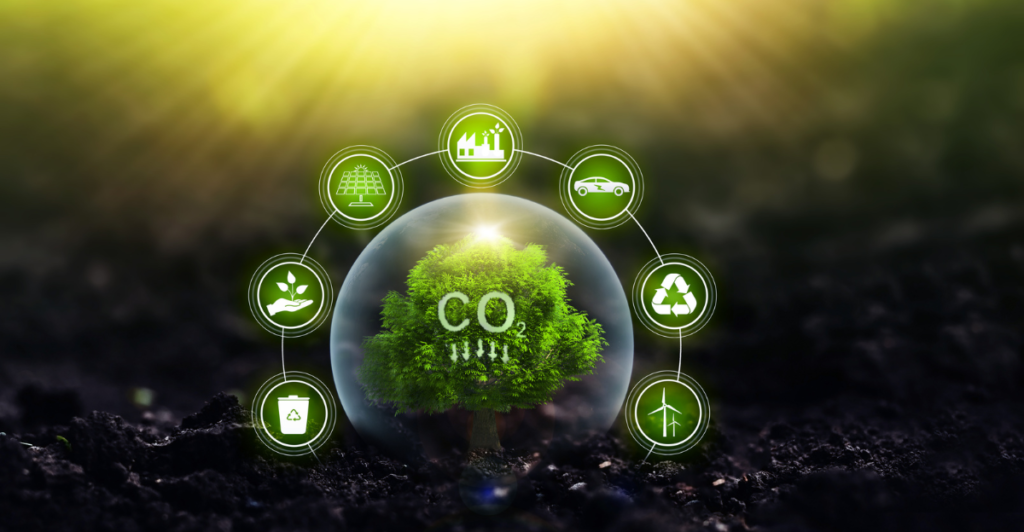
Even with all this futuristic tech, none of it matters if we don’t address the root problem. AI can help, slow, and restore parts of the reef, but unless carbon emissions drop, ocean temperatures will keep rising. That means humans need to do their part instead of relying on AI as a miracle cure.
So, Can AI Actually Save the Reef?
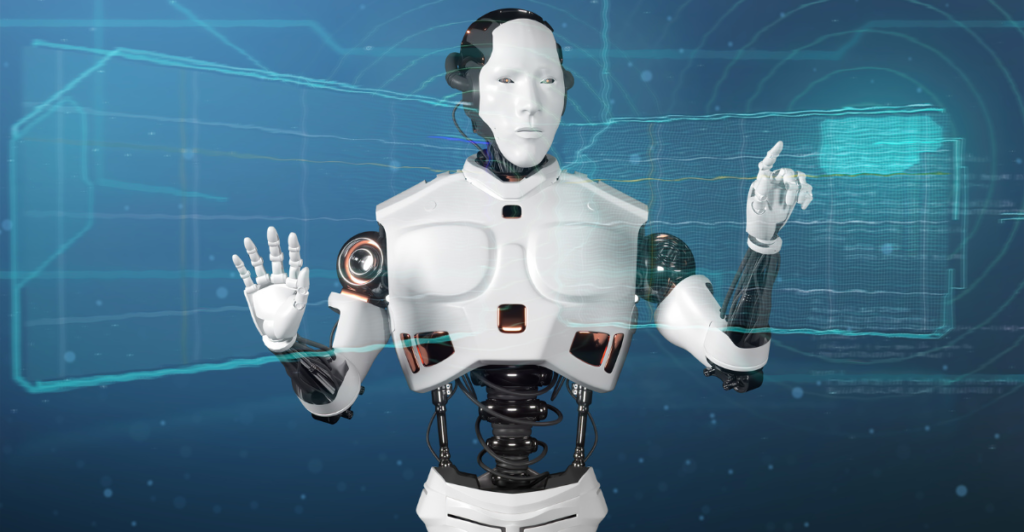
AI is one of the most promising tools we have to protect and restore the Great Barrier Reef. But it’s not a replacement for real climate action. So the real question is: Will AI be enough to save the reef, or will human inaction make all this high-tech effort pointless?







